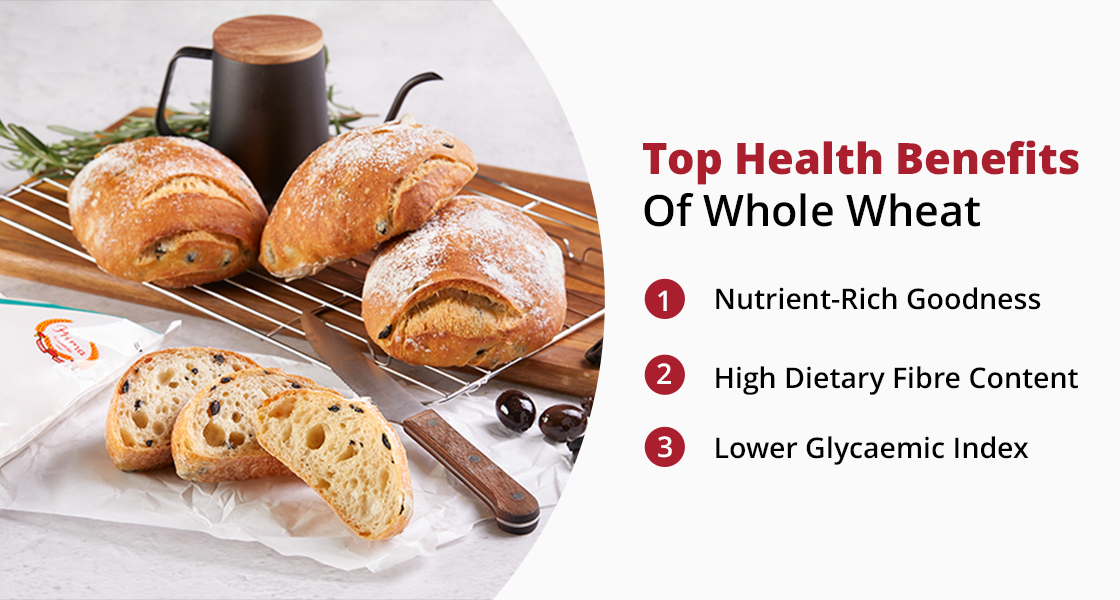As we grow aware of what goes into our food and how it affects our health, we also become more picky about the baked goods we make. Given that whole wheat flour is often hailed as a healthier choice amidst a sea of refined options, it is unsurprising to find many shifting from refined flour to whole wheat grains. But what makes baked goods made with whole wheat flour a smarter, healthier choice? Let us find out.
Learn More: 5 Flour Substitutes for Healthier Bakes

Unlike refined flour, which strips away valuable nutrients during processing, whole wheat flour retains all parts of the grain, including the bran, germ, and endosperm. That means that whole wheat products pack a more nutritious punch in every bite, boasting a richer source of nutrients, like vitamins B, iron, and fibre.
However, just because you are switching to whole wheat does not mean you have to compromise on taste. In fact, whole wheat products can be as tasty as their refined flour counterparts. All you need is the right balance of ingredients and a dash of creativity to achieve tender, fluffy, and flavourful results while reaping the health benefits of whole wheat.
Fibre is an essential component of our diet and crucial for our digestive health. In addition, it plays a pivotal role in weight management by promoting a feeling of fullness and reducing our overall calorie intake.
So, when you indulge in whole wheat baked goods, whether it is a muffin or cookie, you are not just satisfying your sweet tooth. You are giving your body the fibre it needs to thrive. No wonder whole wheat products are quickly becoming a more desirable option for health-conscious individuals.
Whole wheat grains have a lower glycaemic index (GI) than refined grains. So, what does this mean? The GI measures how quickly food raises your blood sugar levels after eating. Those with a high GI digest faster, resulting in greater spikes in your blood sugar levels. Meanwhile, low-GI food digests more slowly. As a result, they provide a gradual release of energy.
That means whole wheat products digest more slowly and lead to a steadier rise in blood sugar levels than baked goods using refined flour, making them an excellent choice for individuals managing diabetes or those looking to avoid energy crashes throughout the day.
As you can see, opting for whole wheat is not just about following a health trend. It is about making conscious decisions for your well-being without sacrificing flavour. So, whether you are a seasoned baker or a curious foodie, incorporating whole wheat flour into your baking repertoire can provide significant health benefits while allowing you to retain the delightful tastes and textures of your recipes.
You can even substitute fresh fruits, such as apples, berries, and citrus fruits, to reduce the need for processed sugars while enriching your treats with antioxidants and vitamins, boosting their nutritional value for a delightful, healthier baking experience. So, the next time you are in the mood to whip up a storm, reach for that whole wheat option – your body (and taste buds) will thank you.
Ready to get started with whole wheat baking? At Prima Flour, we have you covered! You will be glad to know that our whole wheat flour is available at all major supermarkets and hypermarkets islandwide. If you wish to learn more about our products, get in touch with us directly.